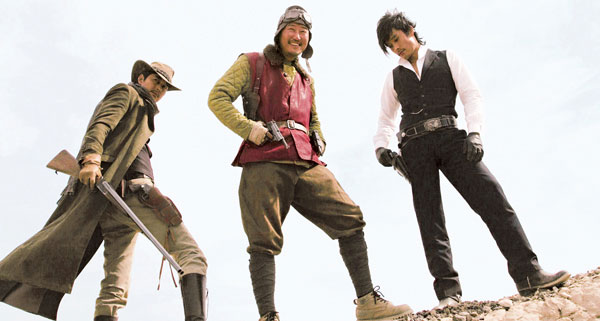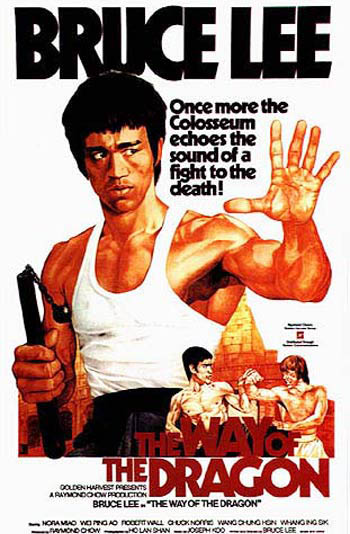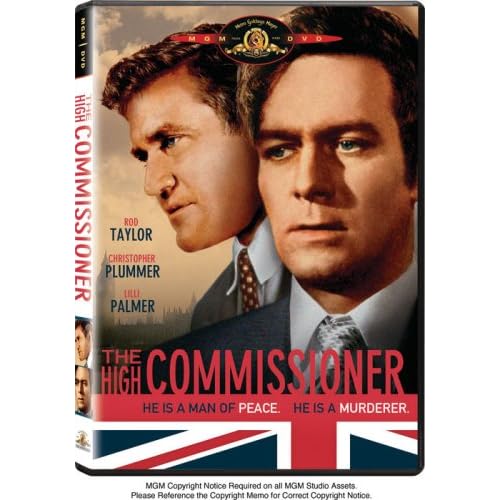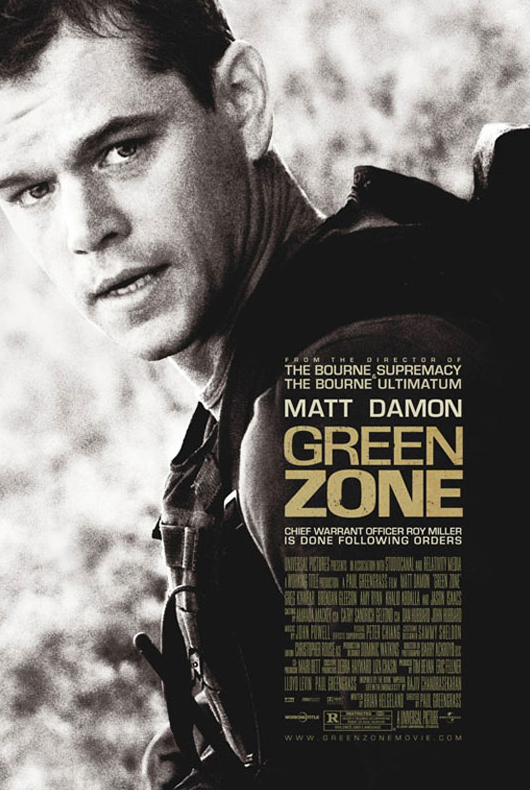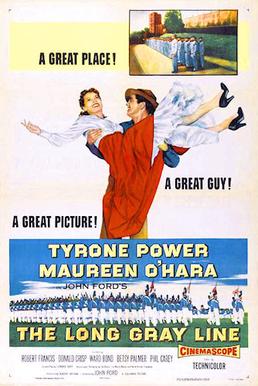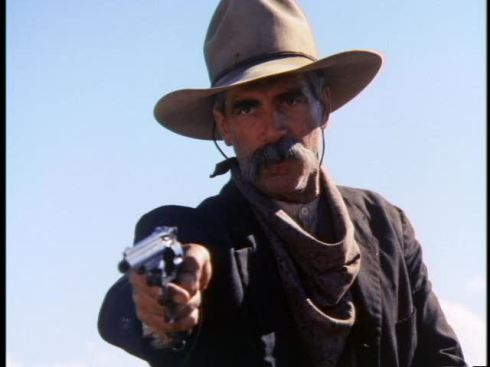The only other Newman flick I've reviewed here was an awful biblical epic, The Silver Chalice, so I don't want it to seem like I'm ragging on the man. Where The Silver Chalice was just all around awful, 1966's Harper is all around bad, but it's not Newman's fault. Anything but really because he's basically the only positive I took away from this convoluted mystery that not surprisingly receives good reviews from fans and has achieved a bit of cult status over the years. It's the type of thing where I finish a movie, read up on it afterward and am completely thrown off by fans' love of the movie. Did I miss something? Maybe, but I don't see myself revisiting this one anytime soon.
Tipped off by a lawyer friend (Arthur Hill) about a possible case, private investigator Lew Harper (Newman) begins to look into the background and evidence. A rich woman (Lauren Bacall) claims her husband has disappeared -- she doesn't really care, just curious -- under some mysterious circumstances and wants to know what happened to him. Harper somewhat unwillingly agrees to the job offer because after all, a payday is a payday, and the rich wife promises to pay handsomely. But with an odd, eccentric cast of characters surrounding the husband in his daily life, Harper quickly figures out that there is more going on than meets the eye. He's stumbled into something that is bigger than he ever thought.
Pretty straightforward plot review, don't you think? It's also one of the most vague reviews I've ever written because this movie just doesn't know where it's going or how to get there. Director Jack Smight has made one of the most convoluted stories I've ever seen. Countless characters are thrown at the screen, and Smight sees if they stick before dispatching them or keeping them involved. Harper follows "the clues" which I never saw and inexplicably pops up in random places, no explanation provided. At 121 minutes, the story had plenty of time to develop somewhat coherently, but that never comes to fruition. As a topper, convoluted isn't enough. It's also dull in its chaos, and still somehow easy to predict. A real doozy of a story.
The saving grace is Newman as Lew Harper, a role he would play once more in a 1970s sequel. Newman is at his best -- for me at least -- when he gets to do the anti-hero with a touch of humor and drama, that feeling of frustration with the world. He's mainstream, but he's got a bit of a rebel streak in him, like Cool Hand Luke, Hud, Butch Cassidy, or John Russel in Hombre. That's what Harper is, a man frustrated where his life has ended up. He's good at the job he does, but what does he ever really accomplish? He tracks down cheating spouses, works in seedy motels, and generally hates what he does. This possible kidnapping/disappearance case is different and maybe could give him a shot at something bigger, something better
I can't add another saving grace (can there be two?) because what I'm about to mention is only partially positive. Newman is the star, and the opening credits proceed to introduce a long alphabetical list of guest stars. Count me in, I'm all for glorified, extended cameos, and this list is impressive. Along with Bacall and Hill, there's Robert Wagner, Shelley Winters, Strother Martin, Pamela Tiffin, Julie Harris, Robert Webber, Harold Gould and Janet Leigh along for the ride. How great is that cast in support of always reliable Newman? Pretty can't miss, right? Well, for the most part this impressive cast is given nothing to do. They drift aimlessly through the story, and Newman's Harper somehow pieces all these weird events together until there's some sort of resolution that didn't really make sense to me. Great cast, sure, but a wasted one.
So what else to say? Not much. This movie is dull, confusing, a waste of the talent involved, and almost completely worth ignoring other than Newman's title role. It took me a handful of viewings to get through it because I struggled sticking with it for more than 15 or 20 minutes at a time. Thank God for the fast forward button. I'd have never made it otherwise.
Harper <---trailer (1966): */****




